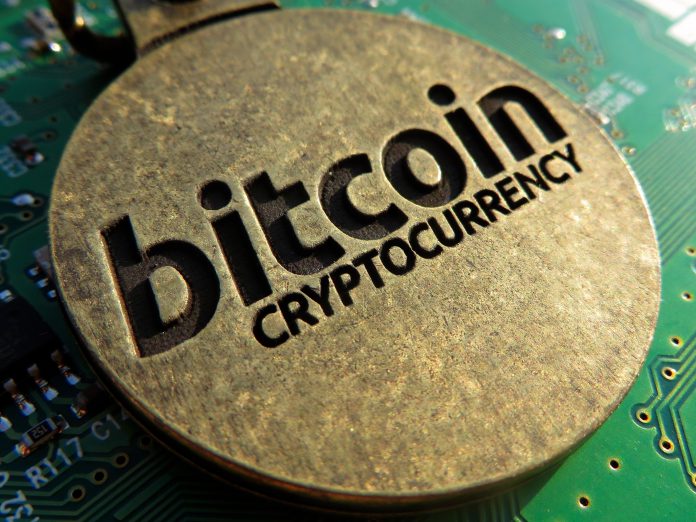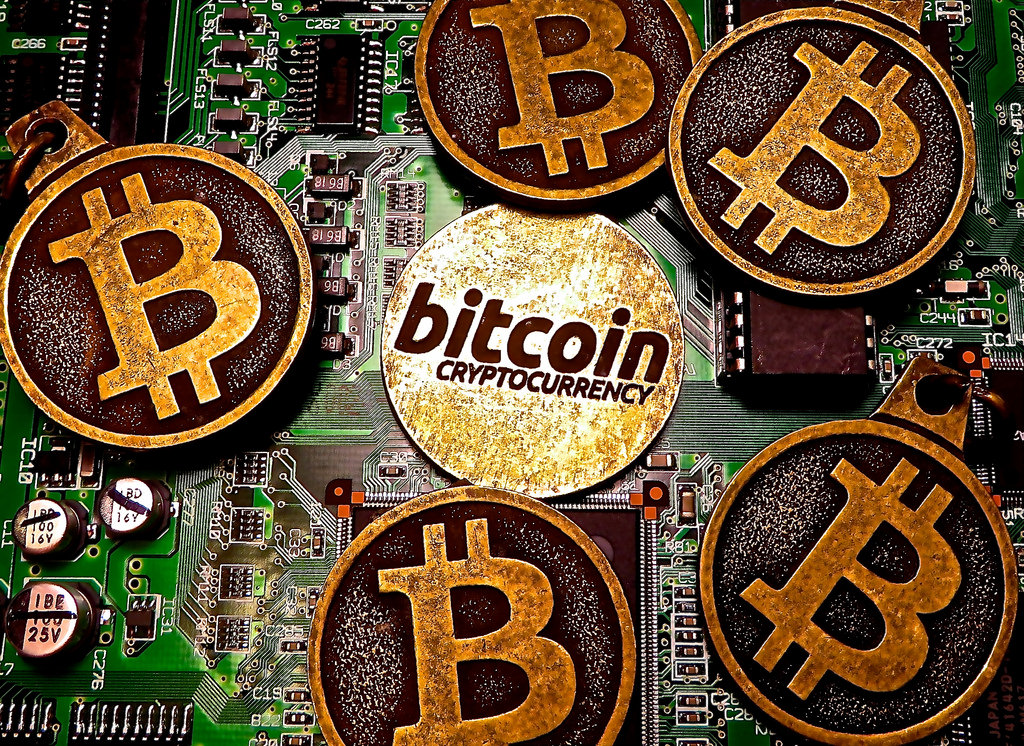Digital currency users are experiencing higher fees and longer transaction waits due to an as-yet-unidentified bitcoin network disruption.
Coindesk reports that a string of transactions with high fees attached has caused numerous users to be priced into lower-priority transaction blocks, congesting Bitcoin’s network and causing transaction delays.
When a bitcoin user sends a transaction, a fee is attached. The fees give users priority to be included in a prioritized block of transactions — the higher the fee, the higher the block priority, with the cost of space in the blocks rising and falling due to demand.
However, an unknown user (or users) has been sending through batches of transactions with extraordinarily high fees attached, pricing low-fee users into lower priority blocks and slowing down their transactions. Many bitcoin users have very low hard-coded fees attached to their wallets — 0.0001 BTC, or about 4 cents — and the network slowdown has caused many of these transactions to remain unprocessed.
Bram Celeen, the founder of Netherlands-based bitcoin exchange Anycoin Direct, tells Coindesk:
“It has affected our selling customers because a lot of customers who sell coins send a standard or low fee. If they do this it takes a lot longer than usual for the transactions to get confirmed. Up to three days (with low fee transactions). Or the transaction even gets rejected.”
The disruption has prompted some businesses to stop accepting bitcoin transactions until the issue is resolved. For example, The Barrel Drop micropub in Nottingham, United Kingdom, said in a Reddit post that it is no longer accepting bitcoin “for the foreseeable future:”
“Unfortunately we are no longer able to accept Bitcoin while there is such a high probability that transactions will not confirm. Once the situation with full blocks is resolved we will be happy to start taking it again. We have no plans to accept any alternative coins at this time.”
The Block Size Debate
The network anomaly comes at a time when bitcoin users have split into two camps regarding the network’s efficiency: Bitcoin Core, the network’s volunteer developers, who are attempting to ease network loads by changing how it stores signatures, and Bitcoin Classic, an independent group of users who are trying to force an update to the network’s 1MB transaction cap. Essentially, one camp is advocating larger blocks with capacity increasing on a regular basis; the other is looking to keep the blocks capped at 1MB and allow the fees to self-regulate.
It is unclear whether the network-slowing transactions are related to the block size debate (a possible malicious attempt to force the issue) or are merely the product of a poorly or maliciously designed exchange wallet.
SOURCE: CoinDesk






